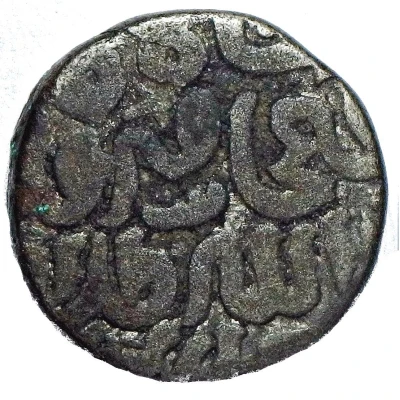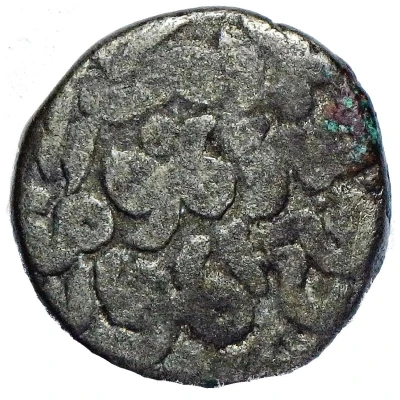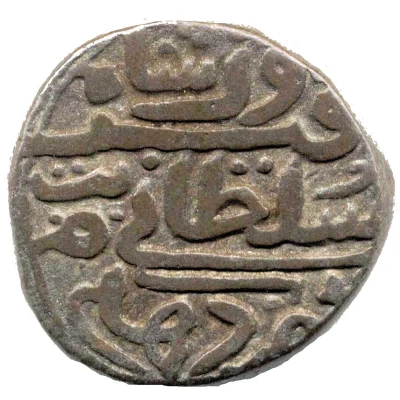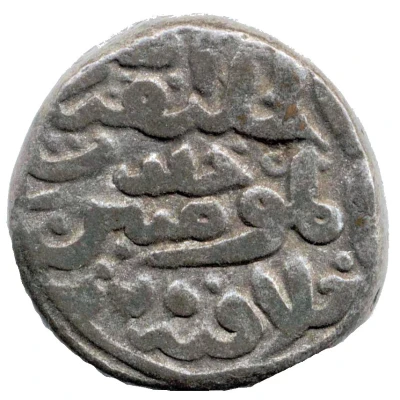


© coin_nut
1 Tanka - Fath Khan ND
| Billon | 9.3 g | 17 mm |
| Issuer | Sultanate of Delhi (Indian Sultanates) |
|---|---|
| Viceroy | Fath Khan (1358-1359) |
| Type | Standard circulation coin |
| Years | 1358-1359 |
| Value | 1 Tanka |
| Currency | Tanka (1206-1526) |
| Composition | Billon |
| Weight | 9.3 g |
| Diameter | 17 mm |
| Shape | Round (irregular) |
| Technique | Hammered (Weight varies 8.3-9.3g) |
| Orientation | Variable alignment ↺ |
| Demonetized | Yes |
| Updated | 2024-10-05 |
| Numista | N#340164 |
|---|---|
| Rarity index | 93% |
Reverse
`fi zaman al-imam amir al-mu'mini abi'l fath al-mu'tasid billah khulidat khilafatuhu'
Script: Arabic
Translation: During the time of the Imam, the commander of the faithful, Abu'l Fath, who was devoted to God, his caliphate was immortalised.
Edge
Plain
Comment
Tanka with the name of the caliph Abu'l Fath al-Mu'tasid billahAH760, AD1358-1359
_____________________
History
Fath Khan was invested in AH 760 with insignia of royalty and allowed to strike coins in his own name by his father, Firuz Tughluq. His domain was the eastern province of the Delhi Sultanate, which later became the independent Sultanate of Jaunpur.
Coinage
Coins of Fath Khan were struck largely in Patna and Iqlim-al-Shah (probably located in Jaunpur). In billon there are Tankas on the 80 rati standard and coins of 32 rati. The names of the caliphs Abu'l Fath and Abu `Abd Allah are found on many coins. The exact years till which coins were struck by Fath Khan is not ascertained.
[source Goron & Goenka]
Interesting fact
One interesting fact about the 1 Tanka coin from the Sultanate of Delhi is that it was made of Billon, which is an alloy of silver and copper. This was a common practice in the Indian Sultanates during that time period, as it allowed for the creation of coins that were more durable and resistant to wear and tear than pure silver coins. The use of Billon in coinage also made it easier to produce coins in large quantities, as it was less expensive than pure silver. This coin, in particular, weighs 9.3 grams and was issued during the reign of Fath Khan, who was the last ruler of the Tughlaq dynasty.



